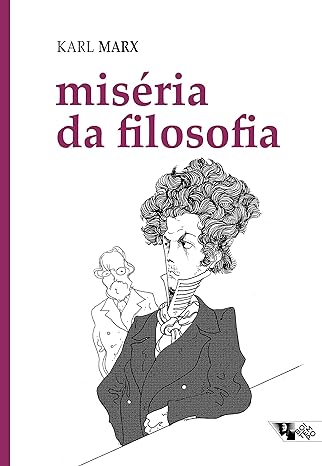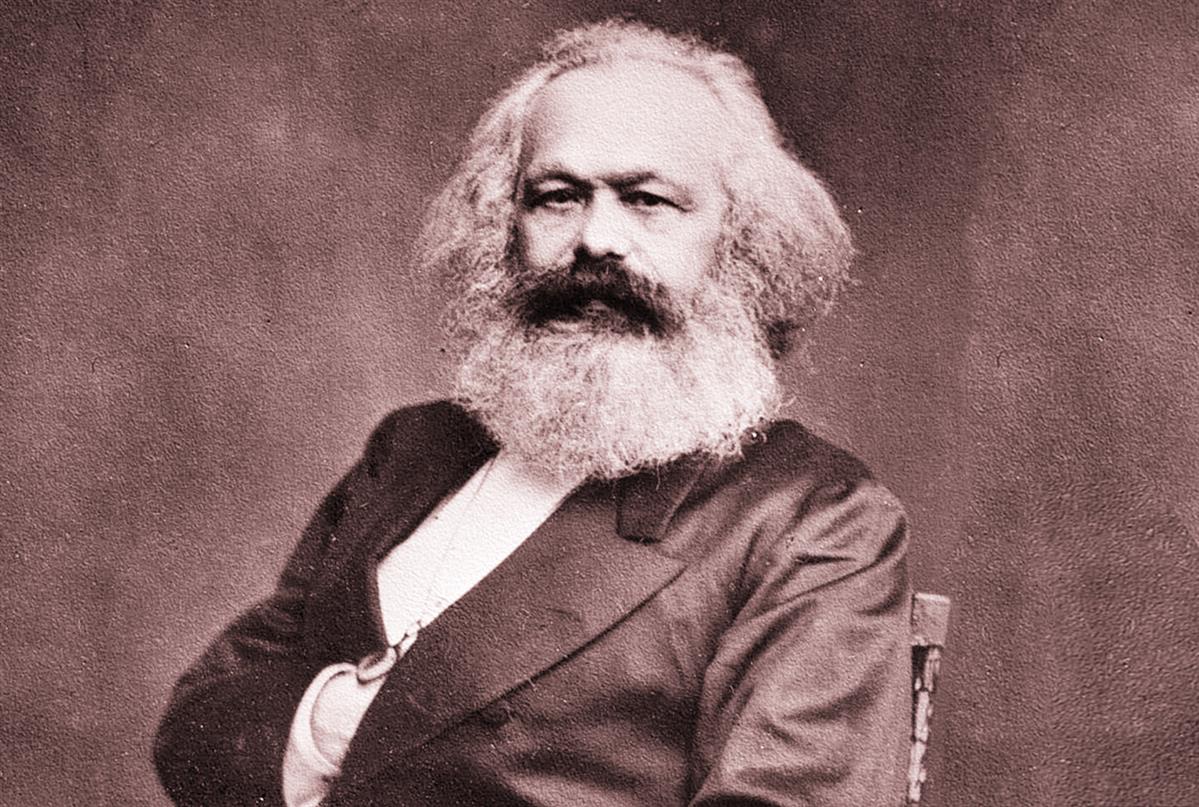The Poverty of Philosophy is a work written by Karl Marx in 1847, as a response to The Philosophy of Misery by Pierre-Joseph Proudhon. Marx's book is a meticulous critique of Proudhon's ideas on political economy and socialism. In this article, we will conduct a detailed analysis of the work, exploring the main arguments and concepts presented by Marx.
Historical Context of The Poverty of Philosophy
To fully understand The Poverty of Philosophy, it is crucial to grasp the historical context in which it was written. In the 1840s, Europe was undergoing significant social and political changes. Industrial capitalism was on the rise, leading to an increasing exploitation of the working class. Socialist and communist ideas were gaining popularity among intellectuals and workers, who sought ways to resist capitalist exploitation.
In this setting, Karl Marx emerged as one of the most prominent figures in the socialist movement. His deep critique of capitalism and passionate advocacy of communism resonated with many who sought an alternative to the dominant economic system.
Summary of the Work
The Poverty of Philosophy is a direct response to Proudhon's work, in which Marx criticizes and challenges the French philosopher's ideas on political economy and socialism. The book is divided into several sections, each addressing a specific aspect of Proudhon's theories.
Critique of Proudhon's Theory of Value
One of Marx's most significant critiques of Proudhon is his theory of value. Proudhon argued that the value of commodities was determined by the labor time required to produce them. However, Marx disputes this idea, arguing that value is not simply determined by labor but by the amount of socially necessary labor. He introduces the concept of "socially necessary labor" as the standard by which the value of commodities is measured, highlighting the importance of social relations of production in determining value.
Critique of the Gradual Abolition of Private Property
Another point of divergence between Marx and Proudhon is the issue of private property. Proudhon believed that private property could be gradually abolished through peaceful reforms, while Marx argued that a proletarian revolution was necessary to overthrow the capitalist system. Marx viewed private property as the basis of capitalist exploitation and advocated for its complete abolition as part of the transition to communism.
Critique of Proudhon's Monetary Theory
Additionally, Marx critiques Proudhon's theory of monetary philosophy. Proudhon saw money as the cause of exploitation and proposed replacing money with credit notes based on the value of labor. However, Marx argues that money is not the cause of exploitation but rather an expression of it. He highlights that exploitation arises from capitalist social relations of production, not from money itself.
Critique of Proudhon's Vision of Communism
Marx also criticizes Proudhon's vision of communism as a system based on equal wages. Proudhon believed that in communism, all workers should receive equal wages regardless of the type of work they perform. However, Marx argues that this does not eliminate class relations, as there would still be a division between manual and intellectual laborers.
Key Concepts
Throughout The Poverty of Philosophy, Marx introduces and develops several key concepts that would become fundamental to later Marxist thought.
Historical Materialism
One of Marx's most important contributions is the concept of historical materialism. He argues that the material conditions of production and social relations of production are the driving forces of history. According to historical materialism, social change occurs when there is a conflict between the productive forces and existing relations of production.
Class Struggle
Another key concept is the philosophy of class struggle. Marx argues that human history is the history of the struggle between antagonistic classes—the bourgeoisie and the proletariat. He predicts that this struggle will culminate in the overthrow of capitalism by the workers and the creation of a classless society.
Abolition of Private Property
Marx advocates for the abolition of private property as part of the transition to communism. He sees private property as the basis of capitalist exploitation and argues that its abolition is necessary to create a truly egalitarian society free from exploitation.
Communism
Finally, Marx presents his vision of communism as a classless society in which the means of production are commonly owned and production is organized to meet the needs of all members of society.
Understand that...
The Poverty of Philosophy is a seminal work that offers a deep critique of Proudhon's ideas on political economy and socialism. Marx presents a series of compelling arguments and develops key concepts that would become fundamental to later Marxist thought. His analysis of social relations of production, class struggle, and the need to abolish private property remains relevant to this day, inspiring generations of thinkers and activists in their struggle for a fairer and more egalitarian society.

Buy on Amazon with a discount by clicking here!









Add comment